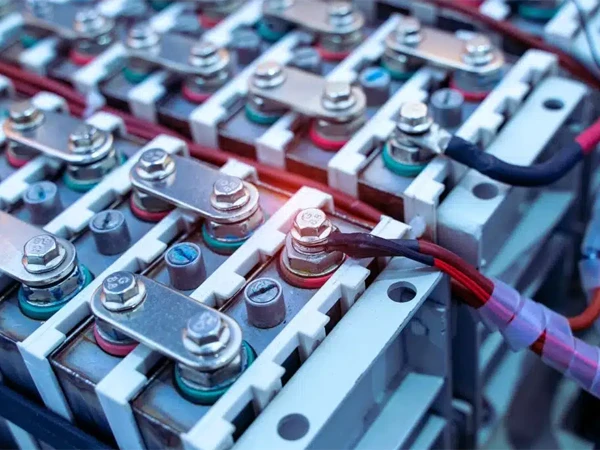Chinese scientists have achieved a major breakthrough in battery technology that could reshape the future of electric vehicles and power grids. They have created a new battery system that allows lithium cells to operate safely and remain stable for over 9,000 hours.
Lithium-metal batteries are considered central to future power systems due to their exceptional energy storage capacity.
However, their widespread use has been hindered by two significant dangers: first, the liquid electrolytes they use can leak or catch fire. Second, they are prone to forming “dendrites”—needle-like lithium structures—that degrade performance and pose serious safety risks.
According to the new study published in the Journal of the American Chemical Society, the scientists have found a solution using a novel type of “gel electrolyte” (DEGEs).
This new electrolyte, made from a chemical named 2,2,2-trifluoro-N-methylacetamide, successfully holds the battery system together and prevents the formation of these dangerous dendrites.
The research demonstrated that cells using this new electrolyte system completed stable charging cycles for more than 9,000 hours, marking a significant step toward safer and more durable batteries.



